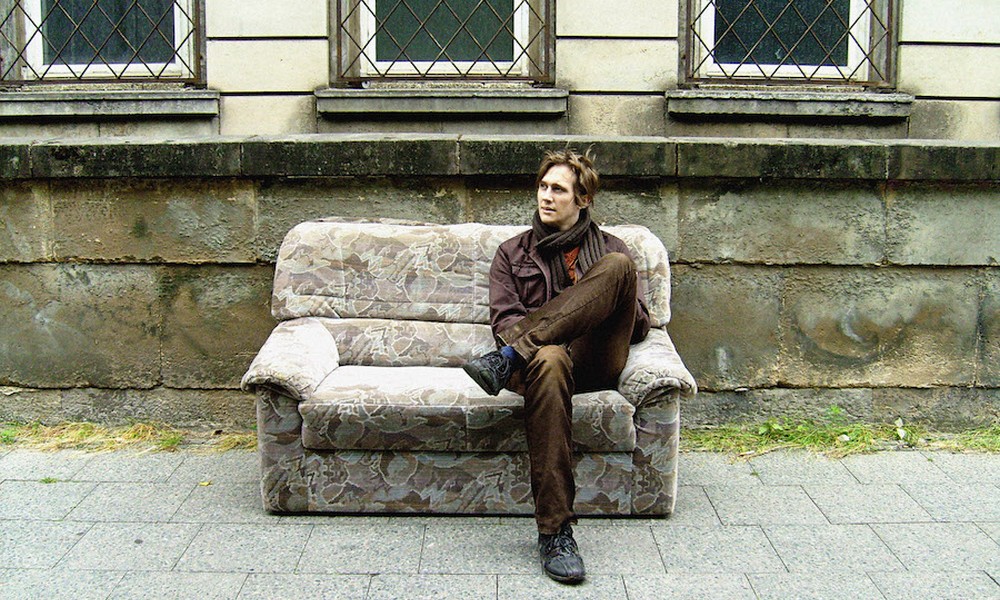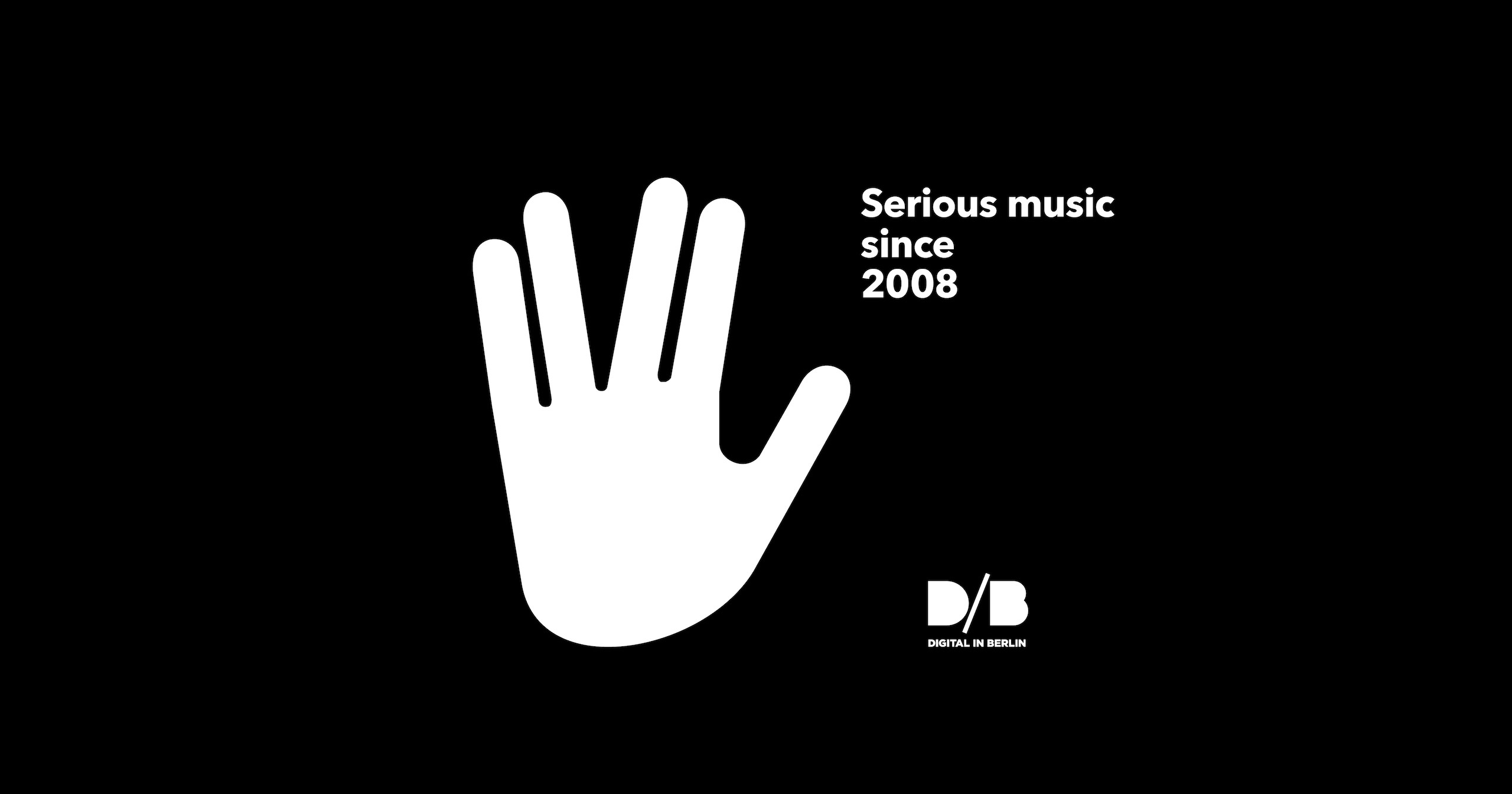Born in Sweden in 1979, Marcus Fjellström is a composer and multimedia artist. His work ranges from the purely orchestral through electronic music and audiovisual work. He has worked with the Swedish Royal Ballet, the Scottish Chamber Orchestra and Sinfonietta Cracovia, as well as numerous other orchestras, ensembles and soloists, independent record labels, artists and filmmakers. Fjellström studied composition and orchestration at the School of Music in Piteå, Sweden, graduating with honors in 2005. One month after graduation his debut full-length album “Exercises in Estrangement” was released by Lampse Audiovisual Recordings to enthusiastic reviews. The following year his second album “Gebrauchsmusik” was released by the same label, and in 2010 the album “Schattenspieler” was released by Miasmah Recordings. In 2008 he completed his first major audiovisual work, the experimental cartoon / electronic music piece “Odboy & Erordog, episode 1”. Since then he has written several audiovisual works involving classical instrumentation, including “Lichtspiel Mutation 1” for Sinfonietta Cracovia and the “Odboy & Erordog Suite” for The Peärls Before Swïne Exerience. In his works, Fjellström often aims to combine opposites so that they don’t contradict each other, but rather fuse into a natural, third element. There is often a challenging of the gap between “high” and “low” culture, of the naïve and the sophisticated, of good and bad taste. Musical influences range from electronica such as Aphex Twin and Autechre, to 20th century composers such as György Ligeti and John Cage. Further influences include impressionist composers Maurice Ravel and Claude Debussy, and film music composers Bernard Herrmann, Angelo Badalamenti and Zdeněk Liška.
Facts
1: I find Klaus Wunderlich’s 1971 recording of Addinsell’s Warsaw Concerto to be one of the greatest things ever.
2: I’m terrible at sight-reading music.
3: I drink way too much coffee.
Questions
1.What is the biggest inspiration for your music?
As boring and vague as this answer is, the truth is that nothing and everything inspires me — lots of things constantly get filtered through my subconscious, which give rise to ideas and impulses. I honestly don’t think I can single out something in particular that would be the “biggest” inspiration.
2. How and when did you get into making music?
As an 11-year-old I started fooling around with music software on my old Commodore Amiga 500, and it rapidly turned into a hobby that totally consumed me for years. I still have recordings of all the music I made on the Amiga between the ages of 11 and 14, and going back to it, it’s amazing to note the progress made over those four years; it very much laid the basic foundation for my craft and understand ing of musical structure, even if what I’m doing now is very, very different from what I was doing back then.
3. What are 5 of your favourite albums of all time?
Aphex Twin: I care because you do
Depeche Mode: Violator
Spooky: Found Sound
Kraftwerk: Radio-Activity
Clara Rockmore: Art of the Theremin
4. What do you associate with Berlin?
The Weimar era, Einstürzende Neubauten, Jörg Buttgereit.
5. What’s your favourite place in Berlin?
The Soviet Monument in Treptower Park is pretty damn amazing.
6. If there was no music in the world, what would you do instead
I’d probably turn to visual art, filmmaking, and writing, in various forms. Those things are already to a large extent “taking over” my music anyway, so the transition wouldn’t be that dramatic.
7. What was the last record/music you bought?
I’d probably turn to visual art, filmmaking, and writing, in various forms. Those things are already to a large extent “taking over” my music anyway, so the transition wouldn’t be that dramatic.
8. Who would you most like to collaborate with?
Off the top of my head: The Quay Brothers, David OReilly, Lars von Trier, Guy Maddin.
9. What was your best gig (as performer or spectator)?
Probably Autechre’s live gig in Berghain in 2008. I’d been listening to them at home for years but I never realised what a physical, visceral dimension their music has until I heard it in this setting.
10. How important is technology to your creative process?
It’s essential for the kind of thing I’m doing. Having classical training, I could (and sometimes do) use only pen, paper and acoustic instruments, but unless I combine it with electronics, it’s not really “me”. I grew up with technology, started creating with technology, and my whole artistic voice is centered around something that can only be achieved through means of technology.
11. Do you have siblings and how do they feel about your career/art?
I do, and I believe they dig what I do!
Our favorite:
Hermitage
https://soundcloud.com/miasmah/marcus-fjellstrom-schmerzrot

